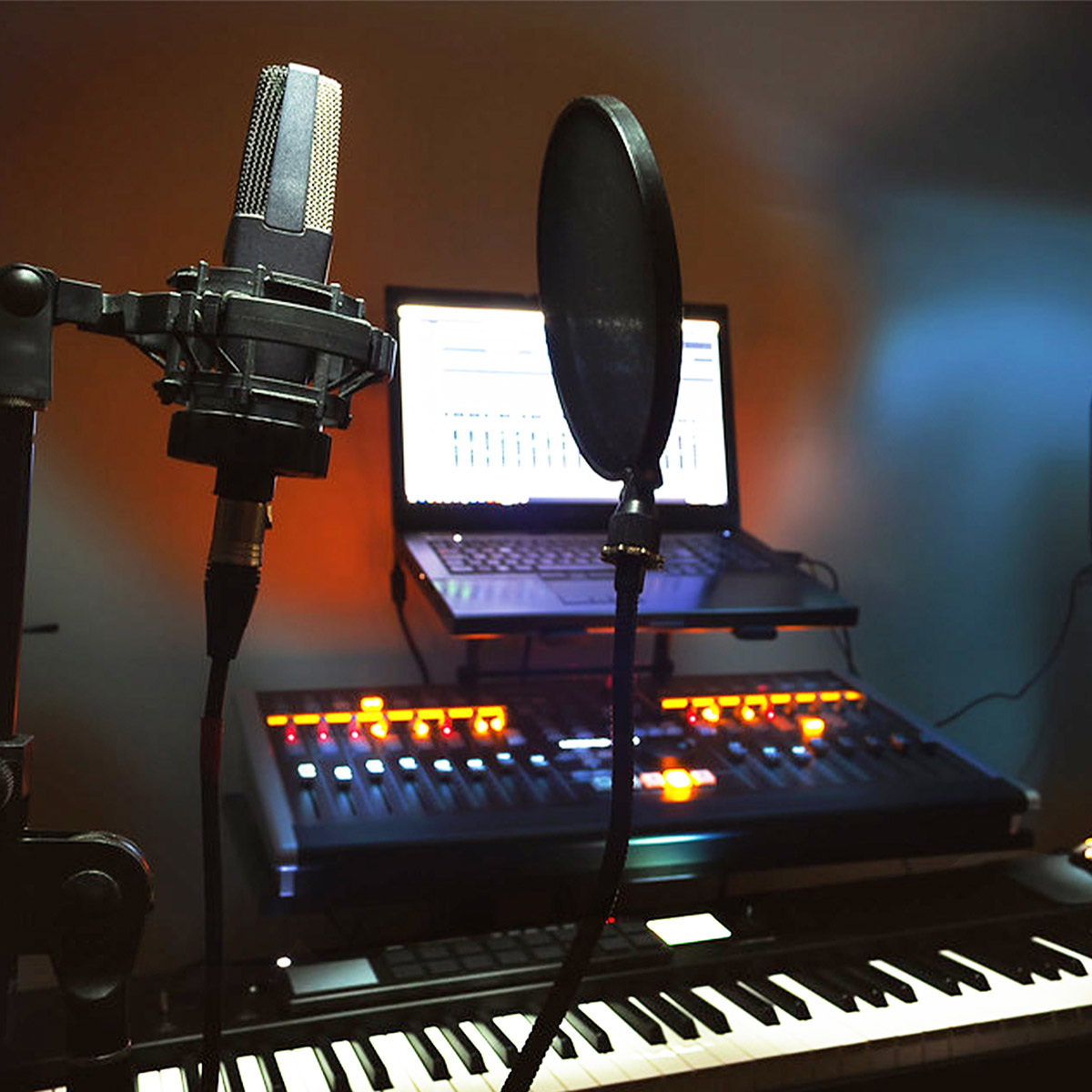Faculty


Staff

Sign up for Fall 2026 Registration Day Registration Day | Northeastern Junior College
An Associate’s Degree in Music from Northeastern will allow you to springboard into numerous different careers in Music and Recording.
Whether it’s Audio Production, Music Performance, Live Audio Engineering, Music Education, Songwriting, Post Production, Music Business, and beyond – Northeastern is the place for you!
Our high quality, state-of-the-art equipment and technology, combined with professional caliber instruction by professors that are actively working in the music industry make Northeastern a standout institution for studying music.

There are no entry requirements for the Music and Recording programs, a background in vocal and/or instrumental music is beneficial but not required.
Students in the Music and Recording program will find themselves immersed in innovative, state-of-the-art facilities that keep students engaged in daily hands-on activities. Spend time in Northeastern’s cutting-edge recording studio, private practice rooms, state-of-the-art theater, digital grand piano lab, and iMac computer lab.
Students will learn the real world experience of running a professional recording studio, which focuses on recording multiple styles of music on a daily basis. Develop as a musician taking private instruction and perform in the four different choirs and bands that Northeastern offers. Learn composition and songwriting in various classes, while gaining the skills to record and produce your creations. As an iPad college, Northeastern focuses on cutting-edge technology and apps that are music industry standards.
Students in the Music Program are featured each semester in large scale, fully produced concerts. Students often collaborate with outside entities like The Air Force Falconaires and The Colorado Ballet, and hire out to gig professionally throughout Northeast Colorado. Students in the Recording Program are often hired to work as Audiovisual Technicians in the Campus Theater and Recording Studio, in addition to being hired for live sound engineering gigs throughout the region.
Northeastern’s recording studio features industry standard software tools such as Pro Tools, FL Studio, Ableton and Reason. It also boasts top-of-the-line equipment like AKG 414 microphones, Yamaha HS-8 Nearfield monitors and a Roland DA-88 MIDI controller to name a few.
According to the Bureau of Labor Statistics, employment of musicians and singers is projected to show little or no change from 2022 to 2032.
Despite limited employment growth, about 22,600 openings for musicians and singers are projected each year, on average, over the decade. Most of those openings are expected to result from the need to replace workers who transfer to different occupations or exit the labor force, such as to retire.
Interest in live music is expected to support demand across the performing arts. However, the expected decline in public attendance of classical music performances and reduced participation in church activities may slow overall employment growth for musicians and singers.
The U.S. Bureau of Labor Statistics lists the median hourly wage for musicians and singers was $39.14 in May 2022. The median wage is the wage at which half the workers in an occupation earned more than that amount and half earned less. The lowest 10 percent earned less than $14.42, and the highest 10 percent earned more than $100.22.
In May 2022, the median hourly wages for musicians and singers in the top industries in which they worked were as follows:
| Performing arts, spectator sports, and related industries | $45.17 |
| Religious, grantmaking, civic, professional, and similar organizations | $39.38 |
| Educational services; state, local, and private | $28.64 |
Musicians and singers often have irregular work schedules. This includes rehearsing and performing during the day or night on weekdays and weekends.
Many musicians and singers find only part-time or intermittent work and may have long periods of unemployment between jobs. The stress of constantly looking for work may require them to accept full-time jobs in other occupations while working part time as a musician or singer.


